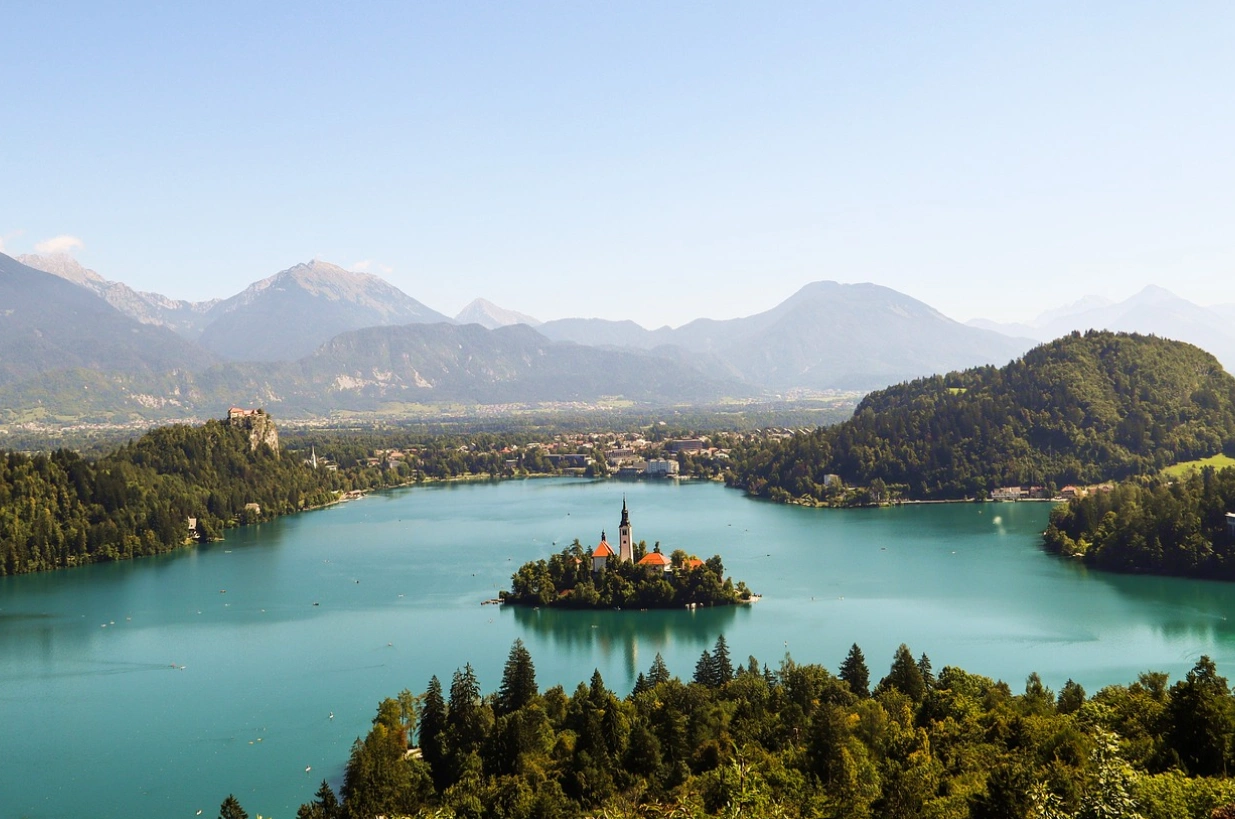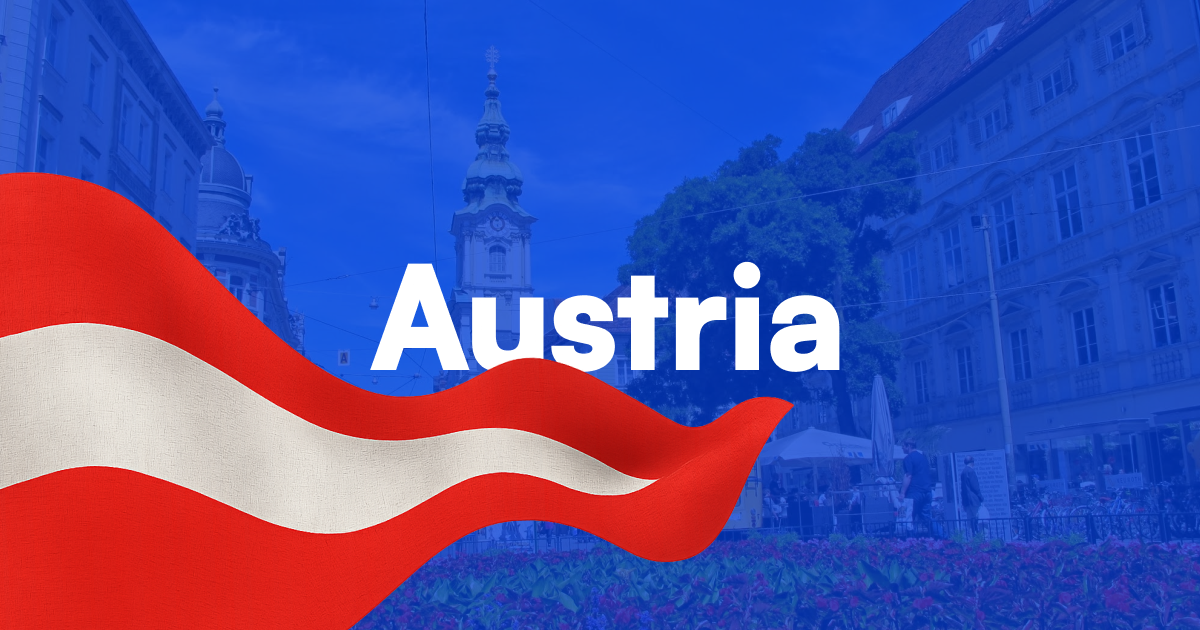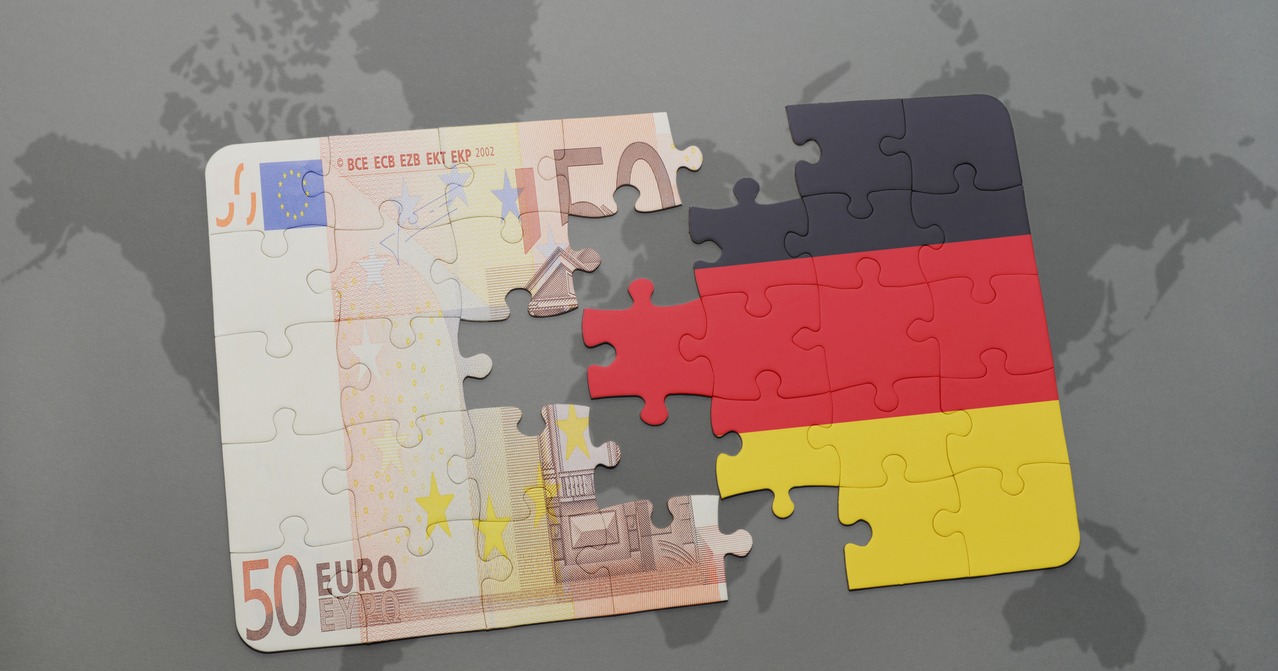Why Are People Increasingly Choosing Slovenia Over Germany? See Which Workers Are in Demand
05/21/2025

When it comes to working abroad from the Balkans, the first associations are usually Germany or Austria. However, in recent years, Slovenia has increasingly stood out as an exceptionally attractive destination for workers from Croatia, Serbia, Bosnia and Herzegovina, North Macedonia, Montenegro, and Albania.
This small but very well-organized country offers a range of advantages that make it an increasingly popular choice for those who want to work in the European Union while staying close to home and familiar culture. Currently, many jobs are available in Slovenia on raditi.eu—in production, logistics, construction, healthcare, and service sectors. Workers are sought for machine operators, caregivers, drivers, warehouse workers, helpers, and many others.
Many employers also provide accommodation and cover transportation costs. If you are considering a new start or a more stable job, check the offer: https://raditi.eu/EN?country=SI.
And even if you are not currently looking for a job, read why Slovenia could be your next big opportunity.
Proximity and Connection to Home
Proximity and connection to home are key reasons why many from the region choose Slovenia. Unlike most Western European countries, Slovenia is only a few hours' drive from almost all parts of the Balkans. This is especially appreciated by workers from Croatia, Serbia, and Bosnia and Herzegovina, who can visit family or take care of personal matters on weekends without complicated and expensive travel. This proximity provides a sense of security and facilitates adaptation to a new life.
Stable and Transparent Labor Market
It is especially worth highlighting the stable and transparent labor market in Slovenia. This country is considered one of the most stable in the region, which is the result of long-term economic resilience, quality institutional development, and a relatively low level of corruption. In recent years, Slovenia has maintained stable economic growth and quickly recovered from pandemic challenges thanks to effective job preservation measures and fiscal incentives. The labor market is characterized by contract transparency, regular salary payments, and clearly defined workers' rights.
It is particularly important to emphasize that Slovenia implemented a significant labor market reform in 2013, which reduced segmentation between permanent and temporary employees and facilitated transitions to permanent jobs, especially for young and vulnerable groups. This reform increased access to permanent jobs and reduced labor market rigidity, promoting greater flexibility and security for workers.
According to the latest data, Slovenia scored 60 out of 100 points on the Corruption Perceptions Index in 2024, ranking 36th among 180 countries worldwide. This result is better than most Balkan countries and indicates a higher level of trust in institutions and the public sector. Although challenges and the need for further reforms remain, Slovenia continuously invests in strengthening integrity, transparency, and oversight, which further contributes to the orderly labor market. All this offers workers from the region security, predictability, and clearly defined business rules.
Similarities in Language and Culture
The culture and mentality of Slovenians are very close to those of neighboring Balkan countries, which significantly facilitates everyday life and integration. Many Slovenians understand and speak Croatian or Serbian, which is a great advantage for workers from Croatia, Serbia, Bosnia and Herzegovina, and Montenegro. Language barriers almost do not exist, and the sense of belonging and acceptance comes naturally. Going to the store, ordering in a restaurant, or asking for help on the street is not a challenge, which further eases the first months of life in a new environment.
Quality of Life
The quality of life in Slovenia stands out for its high level of public services, well-organized healthcare and education systems, and exceptional cleanliness of cities. Traffic is well organized, and nature is literally available at every step, from the Alps to the Adriatic Sea. Living costs are moderate and lower compared to Western Europe, especially outside Ljubljana. For example, renting a one-bedroom apartment in Maribor or Celje costs about 400 to 500 euros per month, while food and service prices are comparable to those in Zagreb or Belgrade.
Life in Slovenia for workers from the Balkans often means a high standard, but also certain challenges. Cities like Ljubljana offer orderliness, cleanliness, and good organization, but living costs, especially rent and food, can be high. Nevertheless, the sense of security, stability, and orderliness often outweighs for those seeking long-term existence.
One of the great advantages of life in Slovenia is the possibility to spend weekends on various trips and in nature. Slovenia is small but extremely diverse, so almost all attractions are an hour or two drive away. Nature lovers can enjoy hiking in Triglav National Park, walks by Lake Bohinj and Lake Bled, or exploring the Soča Valley. Those who prefer relaxation can visit spas like Dobrna, Olimia, or Rogaška Slatina. Cultural trips to Ljubljana, Postojna Cave, or Predjama Castle offer a wealth of history and art, while regions like Goriška Brda and Šmartno attract wine and authentic cuisine enthusiasts. For those seeking adrenaline, the Soča River and surroundings offer rafting, kayaking, cycling, and paragliding. Slovenians value work-life balance, so it is common to escape the city on weekends and enjoy nature, mountains, or lakes. This accessibility to various activities and beauty makes life in Slovenia richer and more fulfilling, turning weekends into a real opportunity for relaxation and exploration.
Easy Work Permit Process
Slovenian employers are increasingly seeking workers from outside the European Union, especially from Serbia, Bosnia and Herzegovina, North Macedonia, and Albania, due to a lack of domestic labor in sectors such as construction, logistics, hospitality, and care. The process of obtaining a work permit for citizens outside the EU is significantly simpler and faster than in Germany or Austria, and many employers and agencies offer help with paperwork, accommodation, and integration. Croatian citizens, as EU citizens, have the right to free access to the labor market, which further facilitates employment.
Whether it is seasonal jobs in tourism, hospitality, agriculture, or permanent positions in production, logistics, and healthcare, Slovenian employers offer competitive conditions, bonuses, paid overtime, opportunities for advancement, and often provided accommodation. Workers from the region are valued for their work habits, adaptability, and reliability.
Working in Slovenia is not just a practical choice due to proximity and language similarity, but also a life decision for those seeking a balance between work and private life, security, respect, and a calmer everyday life.
Looking for a new job? Slovenia offers new opportunities!
Currently, many jobs are available in Slovenia in various sectors, including production, warehousing, construction, logistics, care, and service activities.
If you are looking for a job in Slovenia, you can apply via the link: https://raditi.eu/EN?country=SI.







